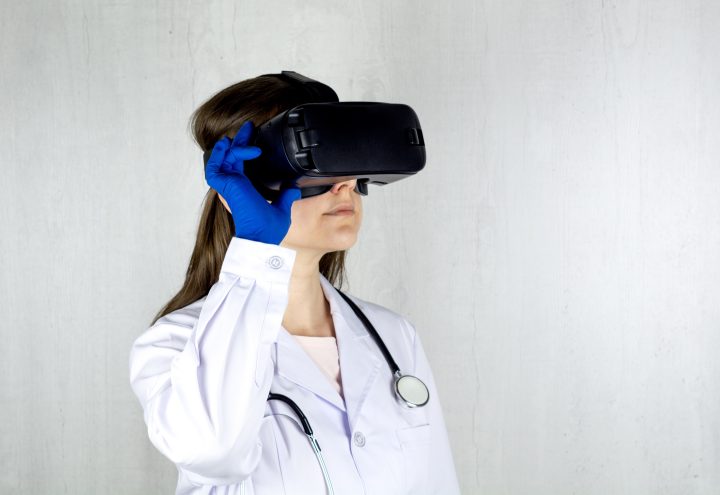The foundation for ENVISION_2027 was laid in Jobitti project
Jobitti consortium partners continue their successful collaboration on developing online courses and teaching of biosciences and biomedicine. The consortium has been able to strengthen and widen their efforts through international collaborations, enabled by new ERASMUS+ funding. Two new projects have been started: ENVISION_2027 (European Network for Virtual lab & Interactive SImulated ONline learning), and AIIS (Artificial Intelligence, Innovation & Society, the future of medicine – educational programme).
The ENVISION_2027 project, coordinated by the University of Turku, Finland, aims to innovate new online modules of virtual laboratory work, which would give the students a self-paced, individual learning opportunity for rehearsing their hands-on skills of laboratory work. These modules could be used as preparatory courses prior to real-life laboratory training, and to complement laboratory work involving e.g. hard-to-access and expensive equipment.
In addition, this Project will develop new online modules of teamwork to encourage and help students to engage more with their peers and to take responsibility both of their own learning experience as well as the team’s success.
Embedded in the above-mentioned modules, the ENVISION_2027 project will also investigate how learning analytics (LA) could be utilized in the context of virtual laboratory and teamwork. The overreaching goal of this aim in the future is to offer the students an individualized learning experience in real time, based on their ongoing performance.
In the AIIS project, coordinated by the University of Salamanca, Spain, six European universities and research consortia, and three companies collaborate to develop new online modules to teach medical and health technology students AI related skills.
The main objective of AIIS is to develop and pilot an individual and collaborative training programme for medicine students on two main training needs identified:
(1) Artificial intelligence (AI). Acknowledging that AI is changing how healthcare is delivered, students will learn how to find patterns to improve diagnosis and to predict the evolution of diseases; allocating hospital resources in the most efficient way and, in general, improving the quality of life of patients and their experience in the health system.
(2) Soft skills, intrapreneurship and innovation. By enabling opportunities for medical students to learn how to work in teams, communicate with associations of patients, other professionals and media etc., the programme will help students to enable smooth transitions and leverage the benefits of innovations to society.
Training will be delivered making use of an innovative methodology mixing online contents and collaborative work to answer challenges (health challenges related with AI), making it flexible and attractive for students. The ultimate goal is to integrate the new training modules into universities’ curricula.

